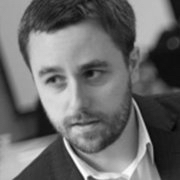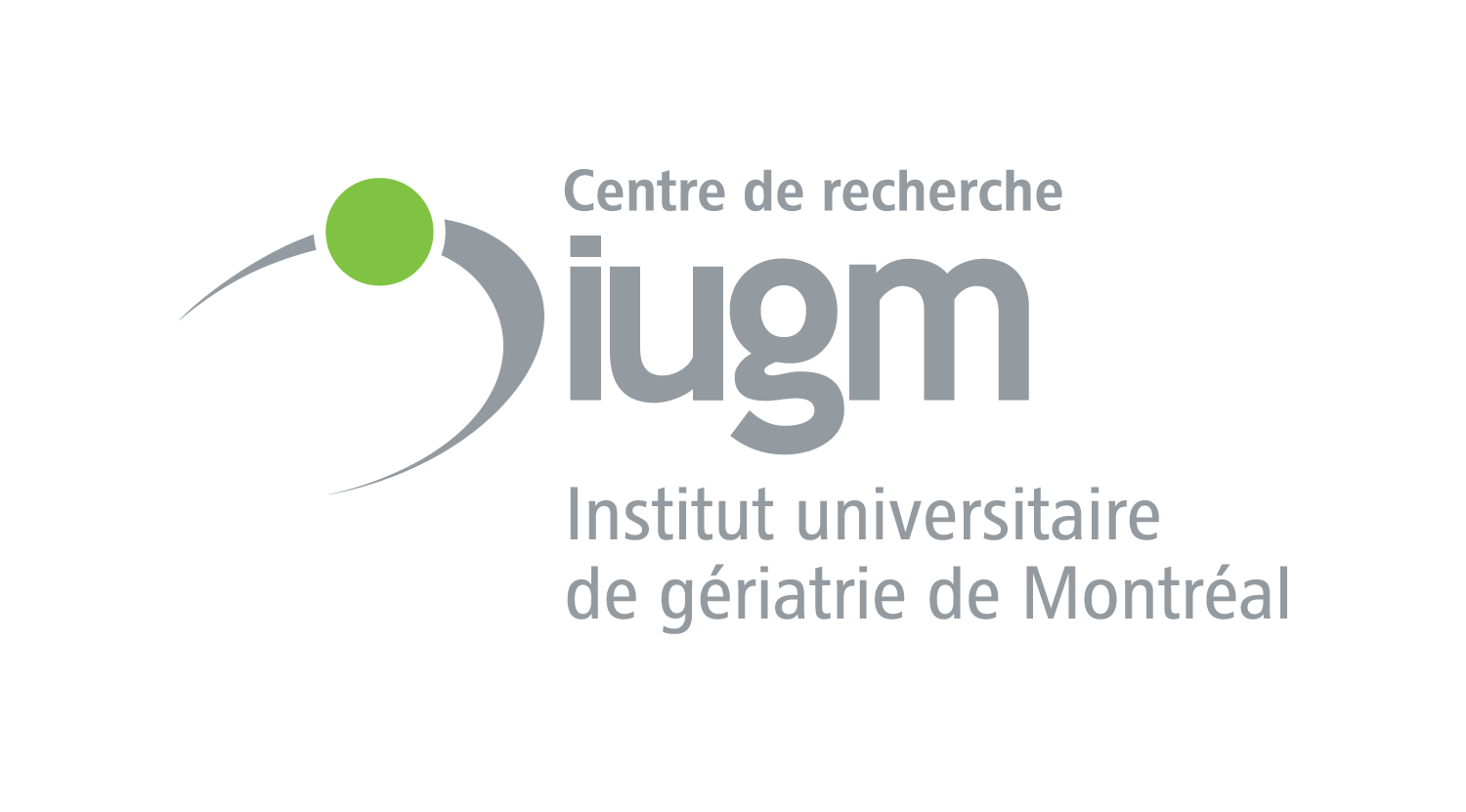
Champoux François
Contact information
francois.champoux@umontreal.ca
Biography
François Champoux is a Full Professor at the School of Speech-Language Pathology and Audiology, Faculty of Medicine, Université de Montréal, and Co-Chairholder of the Caroline-Durand Foundation Research Chair in Hearing and Aging. He holds a PhD in Biomedical Sciences – Audiology option (Université de Montréal), a Master’s in Health Sciences – Audiology (University of Ottawa), a Master’s in Psychology, and a Bachelor’s in Psychology (Université de Montréal). He completed postdoctoral training in Neurology at the Montreal Neurological Institute (McGill University), focusing on audiotactile interaction and cross-modal plasticity.
Prof. Champoux supervises a large number of graduate students and collaborates with experts in neuroscience, audiology, cognitive psychology, and rehabilitation. He is a regular researcher at the CRIUGM and an associate member of internationally renowned centers such as BRAMS and the CRBLM. He has received multiple honors and prestigious fellowships (CIHR, FRQS, NSERC), and his research is supported by sustained peer-reviewed funding, including a NSERC Discovery Grant, SSHRC and IRSST grants, and institutional strategic grants from Université de Montréal and the CRIUGM.
In addition to academic research, he is deeply engaged in knowledge translation, bridging laboratory work with clinical practice. His work contributes to improved cognitive health, fall prevention, and the development of auditory rehabilitation programs for older adults.
Research interests
- Investigation of multisensory integration mechanisms involving hearing, particularly in relation to spatial perception, cognition, and balance.
- Understanding perceptual, structural, and cognitive impacts of deafness or hearing loss.
- Evaluation of unisensory and multisensory perception in hearing aid or cochlear implant users.
- Development of neuroscience-based rehabilitation tools to enhance sensory and cognitive function.
- Use of neuroimaging and psychophysical techniques to study central auditory processes in normal and trained individuals.
- Translational research in aging, targeting fall prevention, spatial orientation, and cognitive decline mitigation.
- Active knowledge transfer through training of clinicians in audiology and interdisciplinary healthcare.
Keywords
hearing, deafness, cognition, brain plasticity, multisensory perception, aging, hearing aids, balance, neuroscience, rehabilitation
